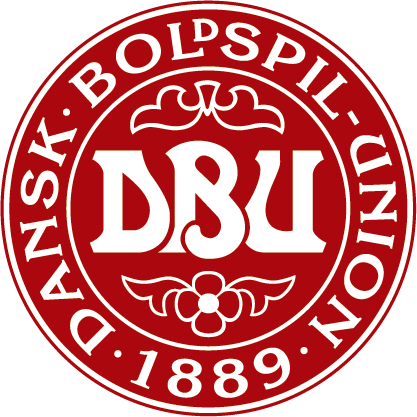Gender mainstreaming training for a more inclusive and participatory approach to environmental management in sports
As a part of ACCESS project’s capacity building activities which accompany the development and implementation of the four sport organisations’ action plans, the second training module held in Porto alongside other meetings saw the project partners discussing gender mainstreaming in sports under the facilitation by Susan Buckingham, a researcher in gender and environmental justice.
This training module took place seven months after the first training in Pisa, held back in February 2023, which covered the theory behind Communities of Practice with the objective to help sport organisations understand the advantages of cross-sectoral cooperation and participatory decision making. As the sport organisations are now advancing with the definition of their action plans, this timely reflection on gender equality and the role of gender balance had the objective to raise awareness, motivate and inspire them to mainstream gender throughout the process – from conceptualising, decision making to implementation.
The training was led by Susan Buckingham, with her forty years experience of academic research, teaching and management, and over twenty years experience of volunteering in women’s and environmental organisations. She now work independently on projects which will advance environmental and gender justice.
The training, which was a combination of lectures and discussions, as well as recalling various experiences and case studies, looked at topics such as gender balanced decision making, eco-masculinity and various consumption patterns trending in sports. The discussion started with Susan presenting some underlying international declarations and strategies which established the principle of “gender mainstreaming” as well as some of the findings she made through previous project and researches. They highlight better and more responsible management of action plans, as well as budgets when women partake or take the lead in such processes.
She wrote in one of her publications: “From previous projects, we have learned lessons about gender mainstreaming in an area of environmental management on two levels. At a practical level, by embedding gender at every stage of the process, and by the gender auditor being centrally involved in the management and direction of the project, a number of achievements towards considering gender impact and achieving gender balance have been made.“
The group discussed some specific areas such as communication, staffing, equipment and consultation and public participation and how the absence of gender mainstreaming could affect the outcomes – from ensuring that messages do not reinforce stereotypes, taking every opportunity to enable women to have an equal opportunity to be promoted as managers and decision makers, ensuring that the conditions (e.g. times, places) and publicity encourage women and men from a range of situations to take part, to ensuring that equipment is manageable by women and men equally.
The discussion ended with looking at various consumption and behaviour patterns, too, where the participants discussed textile and merchandise consumption and their impact on gender, reusable cups, as well as the social acceptance by genders.
The training material will be made available once all the modules will have taken place in spring 2024.















